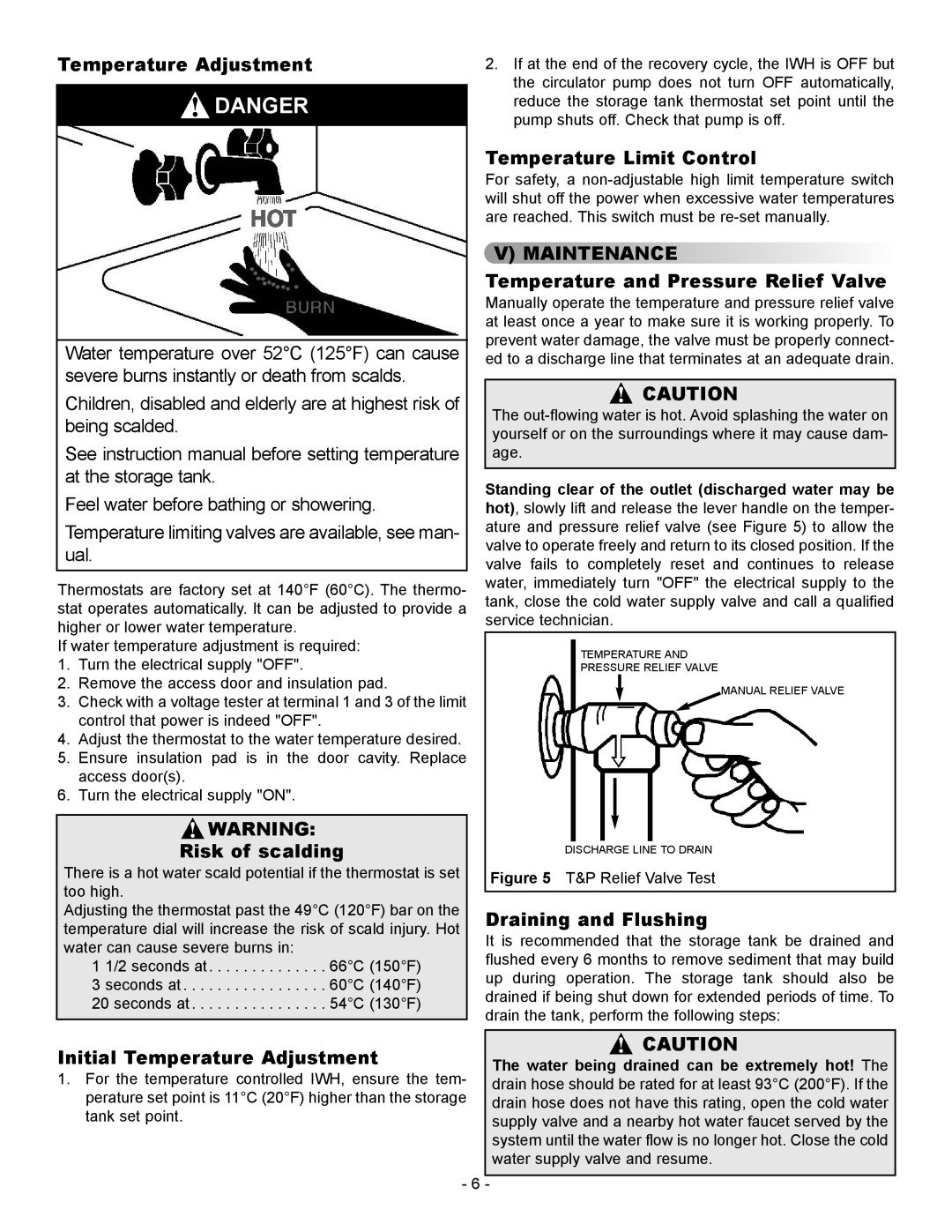FlowThru specifications
GSW FlowThru is at the forefront of innovative water management solutions, revolutionizing the way we handle stormwater and significantly improving urban water systems. Designed with efficiency and sustainability in mind, the FlowThru technology maximizes water infiltration and filtration while ensuring successful drainage in various applications.One of the main features of the GSW FlowThru system is its unique permeability. The system is constructed using materials that allow for rapid water absorption, which reduces surface runoff. This characteristic is especially crucial in urban environments where impervious surfaces lead to flooding and water quality issues. By allowing water to flow through the system rather than accumulating on the surface, GSW FlowThru mitigates the risks associated with heavy rainfall.
The technology behind GSW FlowThru incorporates an advanced biofiltration process. This process purifies stormwater as it passes through a series of layers within the system, including gravel, sand, and specialized filter media. These layers work synergistically to remove pollutants, sediments, and nutrients, ensuring that the water is cleansed before it enters the underlying soil or drainage systems. This feature not only enhances water quality but also supports local ecosystems by replenishing groundwater supplies.
GSW FlowThru is also designed for easy installation and maintenance. The modular system can be customized to fit a variety of project scales, making it adaptable for both residential and commercial developments. Its lightweight components and straightforward assembly procedures make it a favorite among civil engineers and contractors, while its durable construction ensures longevity and reliability.
In addition to its functional attributes, GSW FlowThru embodies sustainability principles. By promoting rainwater infiltration, it helps recharge aquifers, minimizes the urban heat island effect, and contributes to biodiversity by creating viable habitats for local flora and fauna.
The GSW FlowThru system is a standout solution for modern water management challenges. Its combination of permeability, advanced biofiltration technology, and ease of use positions it as a leader in the market. As urban areas continue to expand, innovations like GSW FlowThru will play a vital role in addressing stormwater management while fostering environmental resilience.

